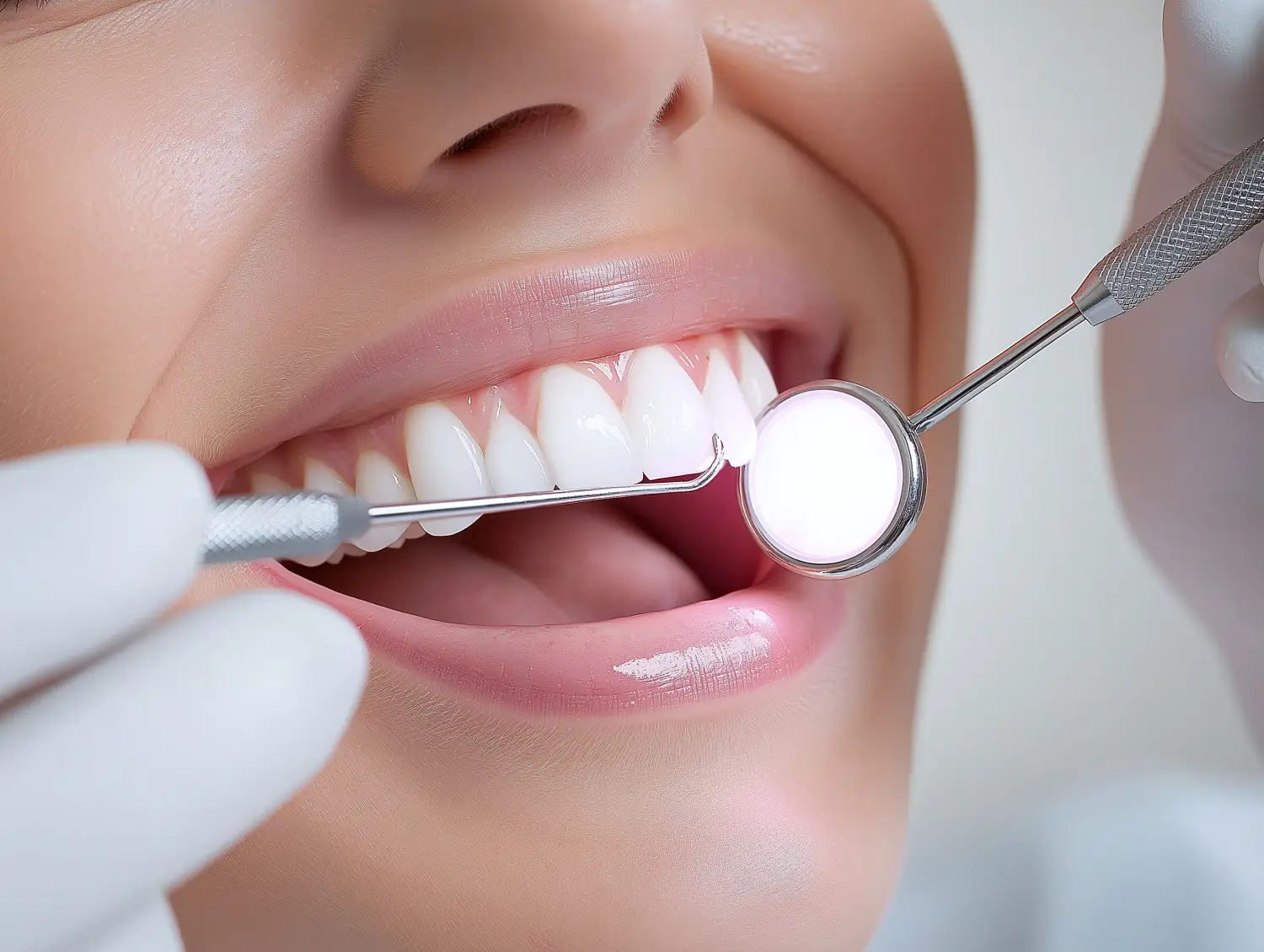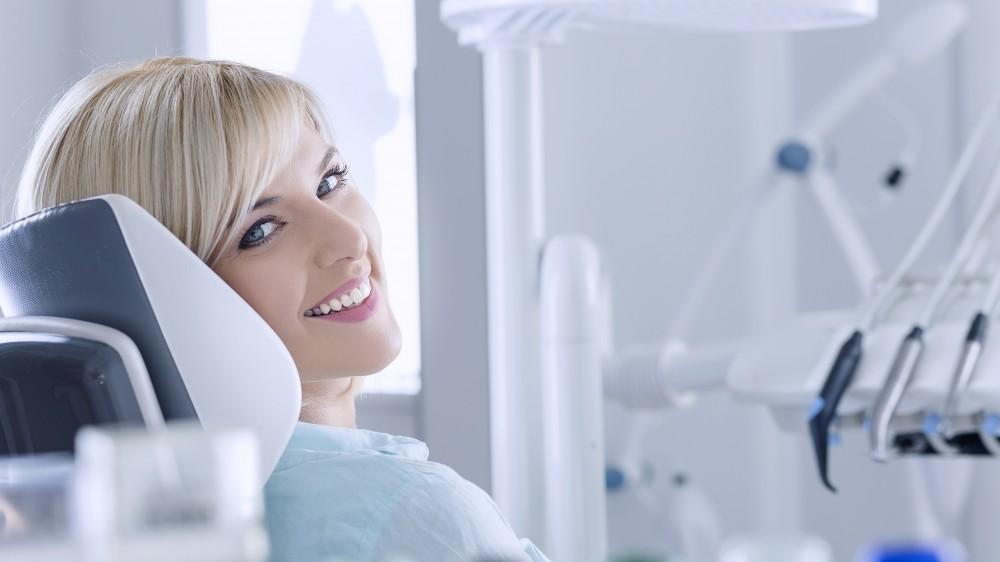
How Laser Treatment Reduces Gum Disease Symptoms
Remember the last time you or a loved one had a surgical procedure? Chances are one of your options was to have the surgery performed using lasers. Everything from refractive eye surgery to removing kidney stones, treating tumors, and even cosmetic procedures to remove wrinkles and tattoos and treat acne are often performed with lasers.
But did you know that lasers are also a handy tool for your dentist? Our own Dr. Marcano here at Orlando Center for Cosmetic Dentistry is specially trained in laser dentistry. In this blog, Dr. Marcano shares his experiences with laser dentistry and how it’s his go-to for treating gum disease.
Dental lasers: A surgical tool and much more
The key to the efficacy of lasers in dentistry is all about their ability to efficiently and less invasively cut into both soft and hard tissue with less bleeding. It works because your specially trained dental provider uses a hand-held laser device to address issues like gum disease or a cavity or perform dental surgery.
At Orlando Center for Cosmetic Dentistry, we use the Waterlase™ by Biolase®, one of the most recognized names in dental lasers. The highly-premise device emits focused light energy that can reshape soft tissue or remove soft or hard tissue once the light comes into contact with the tissue it treats. In addition to treating gum disease, we use laser dentistry to treat tooth sensitivity and cavities. Patients benefit in numerous ways, not the least of which is that they can say goodbye to the high-pitched sound of the dental drill.
Less bleeding
One of the biggest perks of laser dentistry for gum disease treatment is that since it’s a less invasive tool than dental curettes or scalers, the patient experiences less bleeding. Deep cleaning is accomplished through scaling and root planing, during which your dentist removes the plaque and tartar buildup by scraping above and below the gumline.
Laser treatment can accomplish the same task but with less intrusion resulting in less bleeding. Also, since a laser is much more precise than a traditional scalpel or scaler, your dentist can precisely target the laser to the affected area keeping healthy neighboring tissue intact.
Reduces the risk of infection
Less bleeding is great, but what that really means in the context of gum disease treatment is that patients are exposed to fewer toxins thereby reducing their risk of developing an infection. After all, gum disease is essentially an infection that has lingered due to built up plaque and tartar, which contains bacteria. Removing that bacteria in the most efficient, less intrusive way is safer for the patient.
Reduces inflammation and discomfort
Similarly, less intrusion translates to less inflammation and discomfort. The Waterlase dental laser system taps into the power of laser energy while enhancing the patient's comfort by combining air and water throughout the procedure. As a result, the patient's gums and teeth are hydrated and protected from the laser's heat. More comfort translates into less dependence on a numbing agent or anesthetic. Laser dentistry enables your dentist to perform procedures with minimal and sometimes no anesthetic.
Shortens recovery time
What's particularly impressive about laser dentistry is that the benefits layer and create a perfect storm for healing faster, thereby shortening recovery time. Once you remove issues like bleeding, the risk of infection, and inflammation from the equation, your body's natural healing process can kick in and get you back to feeling more like yourself again.
If you have gum disease or need dental work and want to learn if laser dentistry is right for you, book a consultation at Orlando Center for Cosmetic Dentistry. Schedule an appointment by clicking the online booking tool or calling or texting the office today.
Related Posts

Welcome to Orlando Center for Cosmetic Dentistry

Teeth Cleaning Aftercare Tips

What Are Dentures? Everything You Need to Know
%20copy.jpg)
Schedule your visit today
We’re here to help you achieve a healthier, more confident smile with precision care and no pressure. Let’s get you started.
